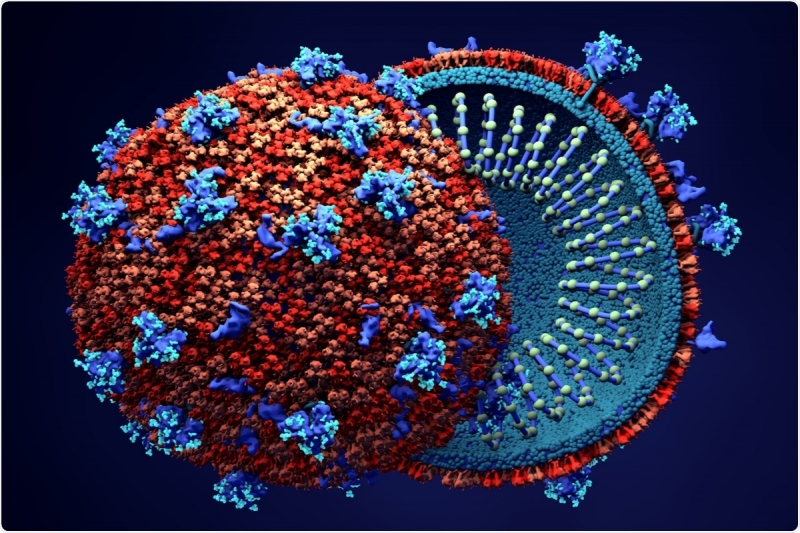The Gioseg (Glucocorticoid induced osteoporosis skeletal endocrinology group) has recently published a paper on Covid-19 and vitamin D edited by some of the most authoritative Italian experts in the field. The need arises from the ongoing debate on the potential negative impact of hypovitaminosis D on the incidence of Sars-CoV-2 infection and prognosis of Covid-19.
“Numerous clinical studies have revealed associations between vitamin D deficiency and increased infectious risk, especially of the upper respiratory tract,” points out Andrea Giustina, Gioseg president and director of the Institute of Endocrine and Metabolic Sciences at Irccs San Raffaele Hospital in Milan. “For these reasons, there is increasing attention to the possible correlation between vitamin D levels and Sars-CoV-2 infection and, therefore, to the possible usefulness of supplementation in prevention and therapy, especially in the elderly population.”
In the drafted document, the first recommendation is that all patients who have already been diagnosed with a condition of hypovitaminosis D or are undergoing treatments that require supplementation, such as anti-osteoporotic, steroid, anti-epileptic drugs, continue or begin taking vitamin D. In the over 80s, supplementation is suggested regardless of circulating vitamin D levels. It is also recommended that the over 65 of both sexes with comorbidities, such as diabetes or obesity, which predispose to hypovitaminosis D and severe Covid-19, be carefully evaluated for their hypovitaminosis D profile with 25OHD assay; all those with levels below 20 ng/ml should be prescribed supplementation. The Gioseg panel suggests that pre-active forms should preferably be prescribed as a supplement because of their documented efficacy and safety in the general population, while active forms should be reserved for patients with liver or kidney failure. The dosage should not exceed that indicated by the current guidelines and notes AIFA for the treatment of hypovitaminosis D. These recommendations may not apply to obese people who require higher supplements to achieve an adequate circulating level. For the over 80 in treatment could be useful, but not essential, to verify the levels of vitamin D circulating for a possible posological correction, while the verification in younger subjects is particularly recommended.
Finally, it is emphasized that, to date, there is not enough evidence to modify the protocols of hospital treatment of Covid-19 with the indication of the administration of vitamin D to inpatients. Thus concludes the panel, “The unprecedented worldwide effort to vaccinate the entire at-risk population would provide a unique opportunity to bring to medical attention all individuals who would need vitamin D supplementation. This approach could be useful in addressing the dual pandemic issues of Covid-19 and vitamin D deficiency by administering the latter and the vaccine together.”

